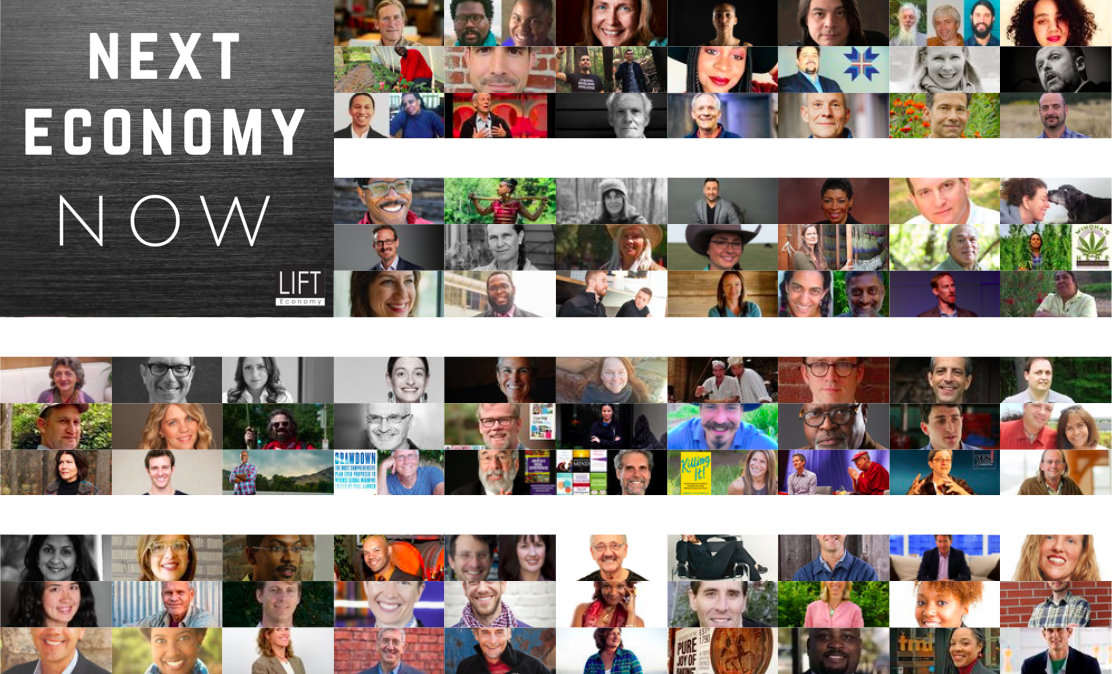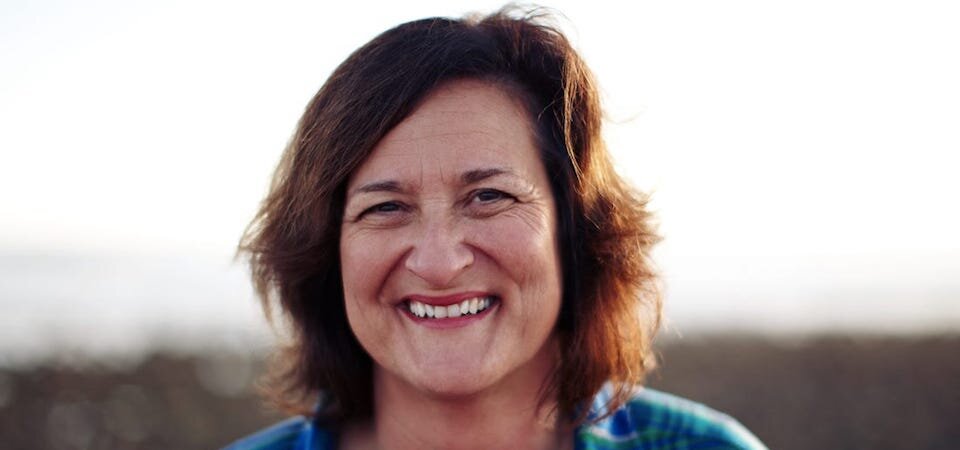Next Economy Now highlights the leaders who are taking a regenerative, bio-regional, equitable, transparent, and whole-systems approach to using business as a force for good.
SUBSCRIBE & RATE us on iTunes, Spotify, Pandora, YouTube, or anywhere you find podcasts!
Our guest on Next Economy Now is Vincent Stanley, Director of Philosophy at Patagonia and a Visiting Fellow at Yale School of Management.
If you’ve been following Next Economy Now, you might notice that Vincent is the fourth person we have interviewed from Patagonia since this podcast was launched in the Fall of 2015. It’s no secret that we love this company.
Not surprisingly, our listeners do too. For instance, our interviews with Phil Graves, Managing Director of Tin Shed Ventures (Patagonia’s venture capital arm); Rick Ridgeway, VP of Environmental Initiatives; and Rose Marcario, Patagonia’s President and CEO, are the top three “most listened to” episodes of Next Economy Now of all time.
So, what do Vincent and I discuss? Here are some of the highlights:
How he grew up in the 60’s in the San Francisco Bay Area and went to an alternative high school in Santa Cruz mountains
How an economic collapse, a car wash, and a postcard from his grandmother led to his working at Patagonia
Jonathan Rose’s book “The Well Tempered City,”
Bren Smith of Greenwave and 3D Ocean Farming
And finally, at many conferences that Vincent attends, people often say to him “I love your company. How can we scale what Patagonia does?” His answer to this question was very fascinating for me.
To listen to this podcast, please click the image at the top of the article. In addition to listening above, you can listen/subscribe to Next Economy Now on iTunes, Overcast, Stitcher, or your favorite podcasting platform.
Ryan Honeyman is a Partner at LIFT Economy and author of The B Corp Handbook: How to Use Business as a Force for Good (Berrett-Koehler Publishers). LIFT Economy is an impact consulting firm whose mission is to create, model, and share a locally self-reliant economy that works for the benefit of all life. You can follow Ryan on Twitter @honeymanconsult or email him ryan@lifteconomy.com.

















